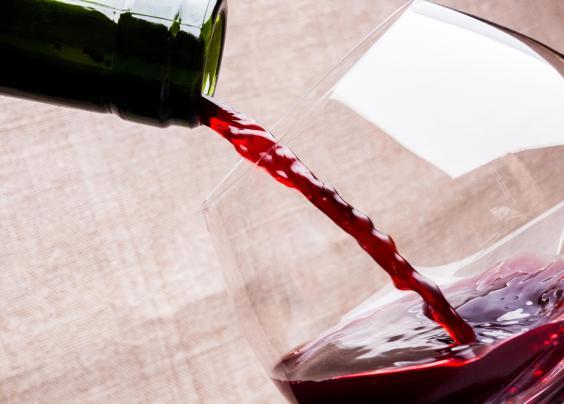The Independent's journalism is supported by our readers. When you purchase through links on our site, we may earn commission.
You should always order the wines you've never heard of — here's why

Your support helps us to tell the story
From reproductive rights to climate change to Big Tech, The Independent is on the ground when the story is developing. Whether it's investigating the financials of Elon Musk's pro-Trump PAC or producing our latest documentary, 'The A Word', which shines a light on the American women fighting for reproductive rights, we know how important it is to parse out the facts from the messaging.
At such a critical moment in US history, we need reporters on the ground. Your donation allows us to keep sending journalists to speak to both sides of the story.
The Independent is trusted by Americans across the entire political spectrum. And unlike many other quality news outlets, we choose not to lock Americans out of our reporting and analysis with paywalls. We believe quality journalism should be available to everyone, paid for by those who can afford it.
Your support makes all the difference.It can be intimidating to order wine at a nice restaurant.
Crémant d'Alsace. Tintilla. Côte-Rôtie.
If you're like me, these names mean nothing. They look fancy, and that's about all I know. If I'm at a restaurant, my eyes are likely to gloss over these names and be drawn instead to the Cabernet Sauvignon, the Malbec, or the Pinot Noir.
I'm certainly not alone.
It turns out restaurants know that people are more likely to order the familiar wines and take advantage of our insecurities, according to Bianca Bosker, author of the best-selling book "Cork Dork."
Bosker left a job as a journalist a few years ago to join an elite class of wine experts known as sommeliers. She chronicles her epic and often tormenting quest in her book, which is full of tidbits about how the mysterious world of wine works. (Full disclosure: I worked with Bosker when I was an editor at The Huffington Post.)
According to Bosker, who worked as a "cellar rat" at New York's L'Apicio restaurant, you'll pay a so-called "gimme tax" when ordering wines that look more approachable.
"Savvy beverage directors levied a 'gimme tax' on glasses of brand-name grapes like Chardonnay and Malbec," she writes. "They could charge more because most drinkers see a familiar grape, go on autopilot, and think, Give it to me; I don’t care what it costs."
"'Cabernet' was somm-speak for 'easy money,'" she continues, referring to the "golden rule" of sommeliers: "You can't make margin on s--- people don't know."

This blew my mind. Not only do I overpay for the most familiar wines, I also probably overlook good deals on wines no one has ever heard of, according to Bosker.
She offers some advice on how to avoid paying this premium.
"When I went out to eat, I started steering clear of the classic crowd pleasers," she writes. "For a shot at drinking great wine for good value, I stuck to whatever looked unfamiliar and vaguely intimidating — say, a Mondeuse Noire from the Savoie in France."
NOW WATCH: Know these terms to sound like a wine expert
Read more:
• The 26 major cities with the highest quality of life in the world
• The most stunning entries from the 2017 National Geographic Travel Photographer of the Year contest
• This photo of a girl scout confronting a neo-Nazi is going viral
Read the original article on Business Insider UK. © 2016. Follow Business Insider UK on Twitter.
Join our commenting forum
Join thought-provoking conversations, follow other Independent readers and see their replies
Comments